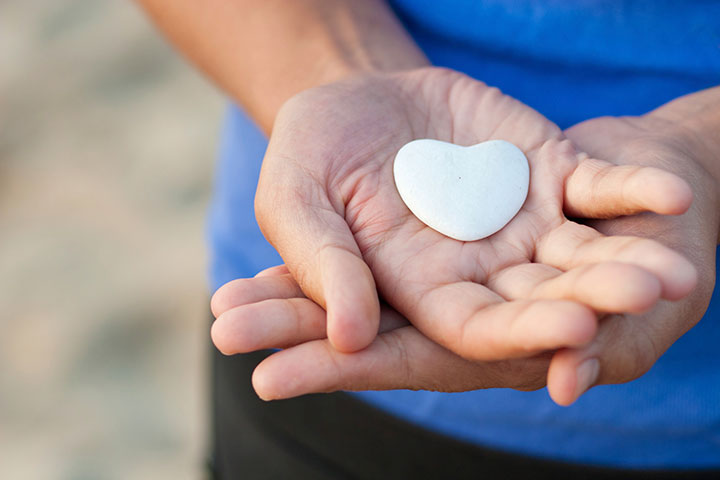Cardiac rehabilitation

Cardiac rehabilitation is a multi-factorial therapeutic system that includes physical training, education, advice on lifestyle changes and modification of behaviour (with psychological support).
Ischaemic or coronary heart disease is the first cause of death in Spain (33%) and mostly affects males between the ages of 40 and 65. In the workplace, the cardiovascular disease is the second highest cause of fatal work-related accidents in Spain.
The cardiac rehabilitation improvement the prediction of sick people coronary and is associated to a reduction in mortality for ischaemic heart disease of 20-30%.
Cardiac rehabilitation is an advanced programme and highly effective
Who can be included in this programme?
Concerned individuals for cardiopathies: after angioplasty +/- STENT due to angina, post AMI, post heart surgery (coronary-bypass, valvular, transplants, and other things) and with controlled heart failure.
How is the risk assessed and controlled?
Estratificamos the risk and we carry out an assessment cardiológica with SPECT miocárdico effort/repose and osteomuscular, nutritional and psychological, directed to prevent possible complications during the phase of exercise.
A multidisciplinary group of specialists
- Staff of cardiólogía: it carries out the stratification of risk of the/patients and it leads the team to reply to any enquiry and incidence.
- Medical equipment clinician: it organises everything the process and it sees to speeches of health education, control of the risk factors and biopsychosocial assessment.
- Staff of physiotherapy: it coordinates customised physical exercises for each case.
- Staff médico rehabilitative: person responsible for to design the table of exercises.
- Team of nursing: it carries out the control and health education of the treated person.
Phases of cardiac rehabilitation
PHASE I (Acute)
Is initiated with the deposit hospitalario.Favorece the precocious mobility of the/patients.
Informa, educates and offers psychological support so much to the hard-working person treated as to its family environment.
PHASE II
Is initiated four weeks later of the hospitable registration. An assessment is made cardiológica and se estratifica the risk to analyse the skills of exercise of the person. A psychological, social and work-based assessment is also made.
PHASE III
In this non surveiled phase - that it covers all its life - with support of its primary care medical staff or its specialist, the hard-working person owes continue doing exercise programs of the phase II.
Continue reading about services and innovation:
AlterG anti-gravity treadmillDo you want find out more about our services?
